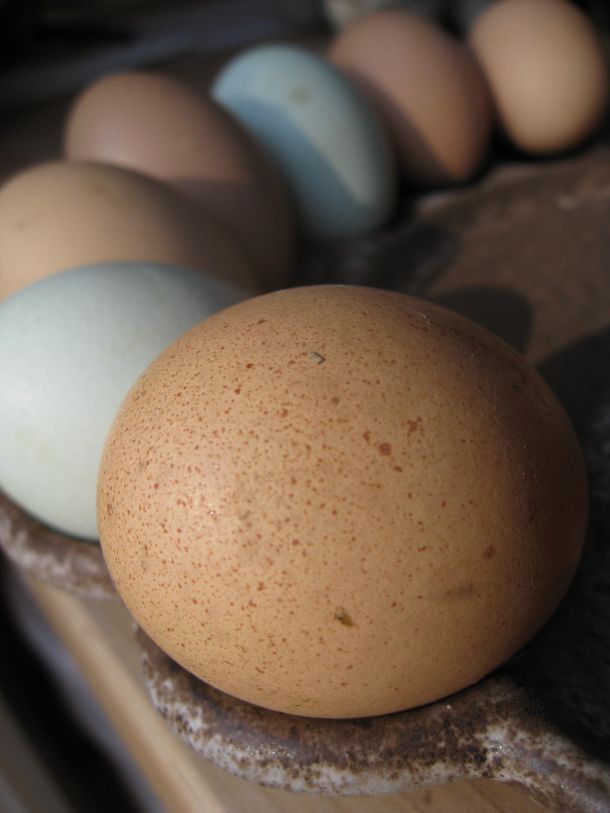There’s always a place for some old-fashioned hating on plastics, especially if there’s a timely hook:
“If the traditional Easter egg is a symbol of resurrection, or a more paganesque generalized celebration of fertility, than what does a plastic Easter egg signify?” Andrew Leonard asks at Salon.
He learns that Easter, historically a high-sales season for chicken-laid eggs, no longer brings a boom for the egg industry. Because the plastic variety is winning out:
This weekend, millions of children will, knowingly or unknowingly, reenact ancient rituals honoring the mystery of life by hunting for plastic eggs that symbolize the exact opposite of fertility and birth. Instead of resurrection, plastic eggs are all about everlasting nonbiodegradable un-death, inauthenticity and cheap disposability, not to mention global economic trends eating away at the livelihood of blue-collar American workers.
Take that, plastics industry. If you’re into eggs of the non-plastic variety, April McGreger has an ode to pastured farm eggs from last March, with recipes.




